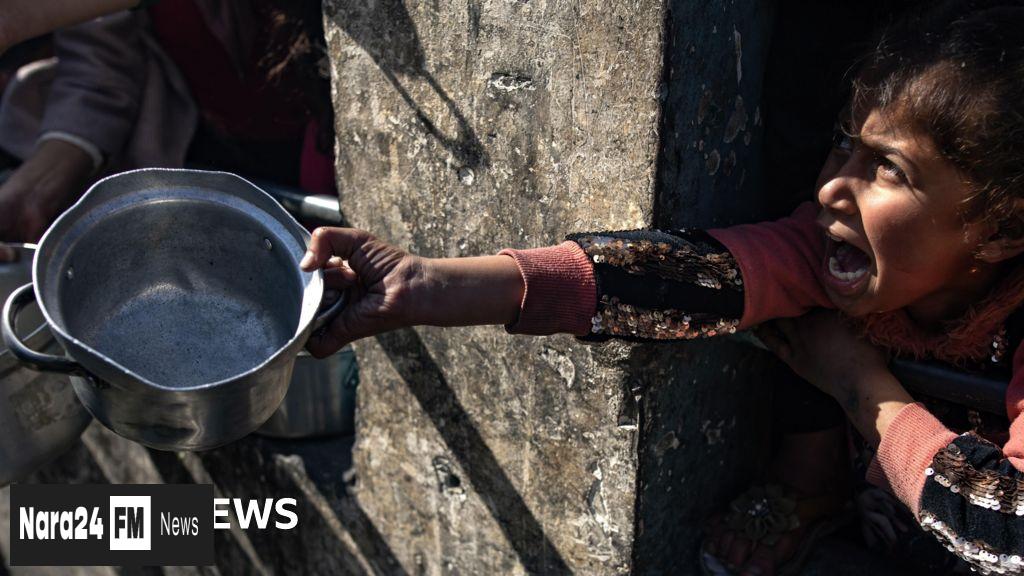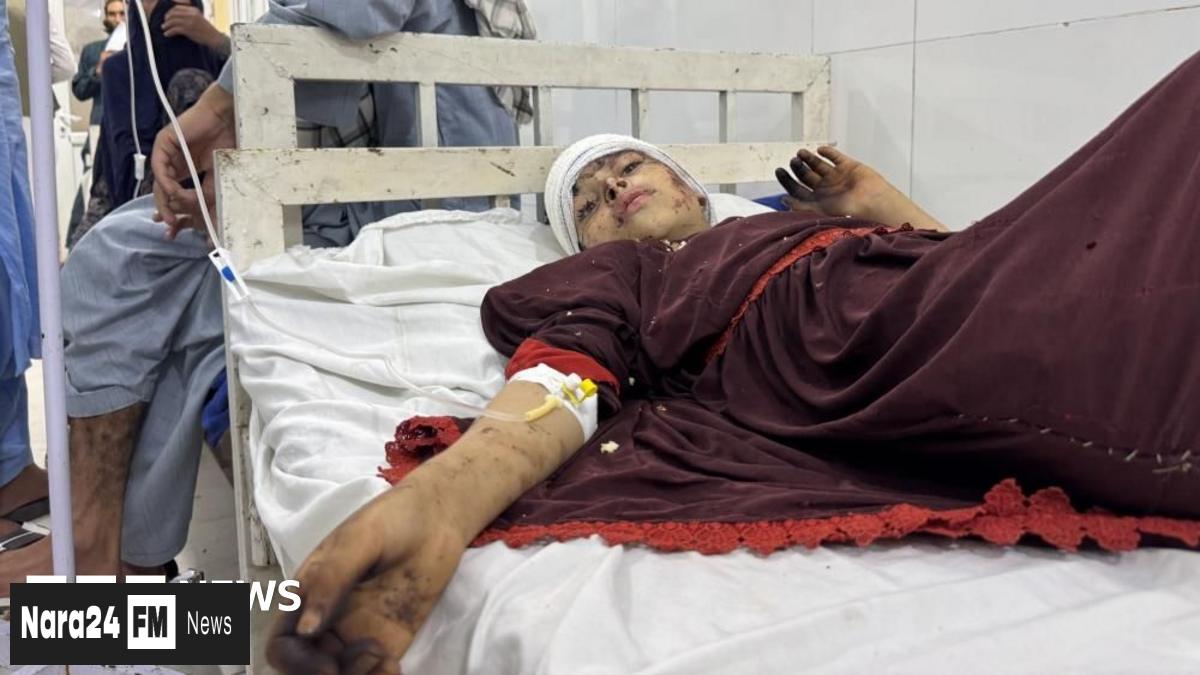Former U.S. President Donald Trump’s decision to drastically reduce funding for foreign humanitarian aid could lead to more than 14 million preventable deaths by 2030, according to a study published in The Lancet medical journal. The report highlights that a third of these deaths would be children under the age of five, with the impact likened to that of a global pandemic or major armed conflict.
Earlier this year, U.S. Secretary of State Marco Rubio announced that the Trump administration had cut over 80% of programs under the U.S. Agency for International Development (USAID). These cuts, researchers warn, could abruptly halt or even reverse two decades of progress in global health, particularly in low- and middle-income countries.
Davide Rasella, a researcher at the Barcelona Institute for Global Health and co-author of the report, stated, “For many countries, the resulting shock would be comparable in scale to a global pandemic or a major armed conflict.” The study, which analyzed data from 133 nations, estimated that USAID funding had prevented 91 million deaths in developing countries between 2001 and 2021.
Using projections, the researchers found that reducing USAID funding by 83% could result in over 14 million avoidable deaths by 2030, including more than 4.5 million children under five. This equates to approximately 700,000 child deaths annually.
The Trump administration’s decision to cut aid was part of a broader effort to reduce federal spending and streamline the workforce. Critics have accused USAID of supporting liberal projects, leading to the significant reduction in funding.
Despite the cuts, Rubio noted that around 1,000 programs would continue under the U.S. State Department, with the aim of administering them “more effectively” in consultation with Congress. However, the situation on the ground remains dire. UN officials have reported that hundreds of thousands of people in Kenyan refugee camps are “slowly starving” due to reduced food rations, the lowest levels ever recorded.
In Kakuma, northwestern Kenya, the BBC documented cases of severe malnutrition, including a baby with wrinkled and peeling skin, barely able to move. The report underscores the urgent need for international intervention to mitigate the devastating consequences of the aid cuts.
The findings come as world leaders gather in Seville, Spain, for a United Nations-led aid conference, the largest in a decade. The study serves as a stark reminder of the critical role of humanitarian aid in saving lives and fostering global health.









Comments (0)
Leave a Comment
Be the first to comment on this article!